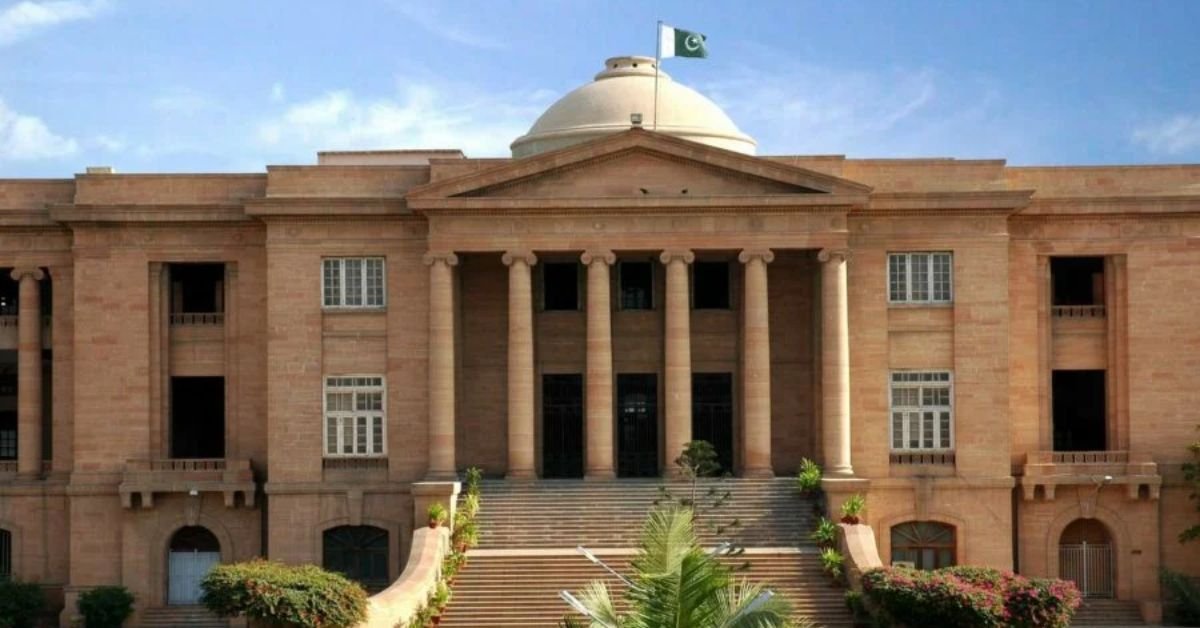PARIS, (Reuters): The French government is all but certain to collapse later this week after far-right and left-wing parties submitted no-confidence motions on Monday against Prime Minister Michel Barnier.
Investors immediately punished French assets as the latest developments plunged the euro zone’s second-biggest economy deeper into political crisis, with serious doubt cast over whether the annual budget will be approved.
“The French have had enough,” National Rally (RN) leader Marine Le Pen told reporters in parliament, saying Barnier, who only became prime minister in early September, had made things worse and needed to be pushed out. “We are proposing a motion of no confidence against the government,” she said.
Barring a last-minute surprise, Barnier’s fragile coalition will be the first French government to be forced out by a no-confidence vote since 1962.
A government collapse would leave a hole at the heart of Europe, with Germany also in election mode, weeks ahead of US President-elect Donald Trump re-entering the White House.
RN lawmakers and the left combined have enough votes to topple Barnier and Le Pen confirmed her party would vote for the left-wing coalition’s no-confidence bill on top of the RN’s own bill. That vote is likely to be held on Wednesday.
The parties announced their no-confidence motions after Barnier said earlier on Monday that he would try to ram a social security bill through parliament without a vote as a last-minute concession proved insufficient to win RN’s support for the legislation.
“Faced with this umpteenth denial of democracy, we will censure the government,” said Mathilde Panot of the left-wing France Unbowed. “We are living in political chaos because of Michel Barnier’s government and Emmanuel Macron’s presidency.”
The spread between French bonds and the German benchmark widened further and a sell-off in the euro gathered pace.
Since Macron called snap elections in early June, France’s CAC 40 (.FCHI), opens new tab has dropped nearly 10 per cent and is the heaviest faller among top EU economies. It closed flat on Monday after dropping over 1 per cent earlier in the day.
Blame Game
Barnier urged lawmakers not to back the no-confidence vote.
“We are at a moment of truth … The French will not forgive us for putting the interests of individuals before the future of the country,” he said as he put his government’s fate in the hands of the divided parliament which was the result of an inconclusive snap election Macron called in June.
Barnier’s minority government had relied on RN support for its survival. The budget bill, which seeks to rein in France’s spiraling public deficit through 60 billion euros ($63 billion) in tax hikes and spending cuts, snapped that tenuous link.
Barnier’s entourage and Le Pen’s camp each blamed the other and said they had done all they could to reach a deal and had been open to dialogue.
A source close to Barnier said the prime minister had made major concessions to Le Pen and that voting to bring down the government would mean losing those gains.
“Is she ready to sacrifice all the wins she got?” the source told Reuters.
If the no-confidence vote does indeed go through, Barnier would have to tender his resignation but Macron may ask him and his government to stay on in a caretaker role to handle day-to-day business while he seeks a new prime minister, which could well happen only next year.
One option would be for Macron to name a government of technocrats with no political programme, hoping that could help survive a no-confidence vote. In any case, there can be no new snap parliamentary elections before July.
As far as the budget is concerned, if parliament has not adopted it by Dec 20, the caretaker government could invoke constitutional powers to pass it by ordinance.
However, that would be risky as there is a legal grey area about whether a caretaker government can use such powers. And that would be sure to trigger uproar from the opposition.
A more likely move would be for the caretaker government to propose special emergency legislation to roll over spending limits and tax provisions from this year. But that would mean that savings measures Barnier had planned would fall by the wayside.
















